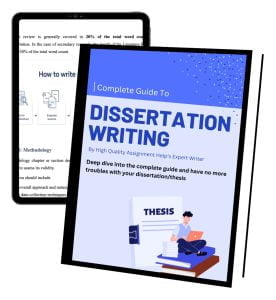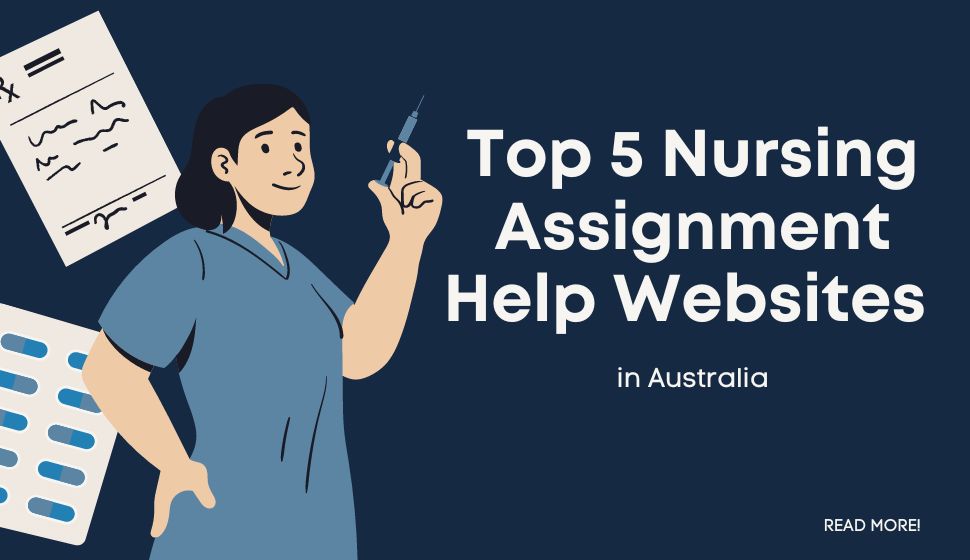The duties of healthcare practitioners in the constantly changing healthcare environment go beyond only identifying and treating ailments. They are now being asked more and more to educate their patients on the fundamentals of nutrition. In this article, we’ll look at how important it is for medical practitioners to encourage healthy eating and general well-being. We’ll go into detail about the importance of this position, the difficulties it presents, and how it fits into the larger scheme of mental health assignments for nursing students.
Why Healthcare Professionals Matter
For patients looking for advice on their health and well-being, healthcare experts such as physicians, nurses, dietitians, and other allied health practitioners serve as reliable information sources. They are frequently the first person people turn to when they have inquiries regarding diet and nutrition. Healthcare experts are qualified to evaluate patients’ dietary requirements, spot any nutritional deficits, and provide tailored guidance.
The Role of Healthcare Professionals in Providing Nutrition Advice

- Prevention and Education: Healthcare workers have a special opportunity to inform patients about the value of healthy eating in preventing chronic conditions like diabetes, heart disease, and obesity. They can provide advice on choosing wholesome foods and implementing balanced diets.
- Assessment and Customization: Healthcare practitioners may specifically customize dietary recommendations to each patient’s needs by conducting a thorough examination. They can offer specialized advice on managing food allergies, dealing with dietary limitations, or maximizing nutritional intake for certain medical problems.
- Monitoring and Support: Healthcare providers may keep an eye on patients’ development and offer continuing assistance as they make dietary changes. Patients undergoing treatment for chronic diseases or those with special dietary needs may find this to be especially important.
- Mental Health Considerations: An increasing amount of studies have shown that food and mental health are related, and nutrition plays a vital influence on mental health. Healthcare practitioners can give techniques for enhancing mental health via nutrition and advise on how food may affect mood.
Challenges Faced by Healthcare Professionals


While healthcare professionals are well-equipped to provide nutrition advice, they encounter several challenges in fulfilling this role effectively:
The Connection to Mental Health Assignments for Nursing Students
- Time Constraints: When giving dietary recommendations, time restrictions may sometimes be a significant barrier for healthcare practitioners. The pressures of hectic schedules and constrained meeting periods might make it difficult to provide patients with in-depth nutritional advice. Healthcare professionals work to maximize the impact of their nutrition counseling within the time allotted despite this time limitation in order to encourage greater overall well-being.
- Lack of Training: Many healthcare practitioners struggle when trying to give dietary recommendations due to a lack of training. Inadequate training in nutrition science and counseling methods might damage a counselor’s efficacy and self-assurance in this essential area of patient care. Continuous training and opportunities for professional growth are necessary to address this problem and make sure that healthcare workers are properly prepared to satisfy the nutritional demands of their patients.
- Keeping Up with Research: A significant problem for healthcare practitioners is staying current with research. Professionals can only give patients the best treatment and advise if they are up to date on the most recent research and discoveries in the dynamic fields of nutrition and medicine. In the constantly changing world of healthcare, continuous learning and a dedication to continual education are crucial.
- Addressing Patient Resistance: When giving nutritional advice, overcoming patient resistance is a major problem for healthcare providers. Understanding and respecting patients’ preferences and cultural considerations while gently leading them toward healthier eating choices calls for excellent communication skills, empathy, and a patient-centered approach. For patients’ eating behaviors and general well-being to improve and persist, resistance must be overcome.
Let’s now make a connection between nursing students’ mental health projects and medical experts’ advice on diet. As aspiring healthcare professionals, nursing students are on the front lines of patient care. The relevance of eating and how it impacts mental health should be emphasized in their education.
Nutrition and Mental Health
More and more research indicates that diet can have a big impact on mental health. Nutrient-rich diets have been linked to improved mood, a decreased risk of depression, and improved cognitive function. Nursing students’ work on mental health may benefit from an understanding of the connections between nutrition and mental health.
Nursing Students’ Role
Nursing students can play a pivotal role in promoting the integration of nutrition advice into patient care. They can:
- Collaborate with dietitians and nutritionists to ensure patients’ dietary needs are met.
- Advocate for holistic care that includes attention to both physical and mental health.
- Educate patients on the link between nutrition and mental well-being, offering practical advice on incorporating healthy choices into their daily lives.
Conclusion
In conclusion, healthcare professionals are central figures in the provision of basic nutrition advice and education. Their role extends beyond traditional medical care, encompassing a holistic approach to well-being that includes nutrition and its impact on mental health. Engaging in mental health assignments for nursing students, and preparing to enter the healthcare workforce, understanding the synergy between nutrition and mental well-being equips them to provide comprehensive care to their future patients.
Interested in exploring the intersection of nutrition, mental health, and healthcare? Dive deeper with our mental health nursing assignments. Discover how you can make a difference in the lives of your future patients through holistic care.






